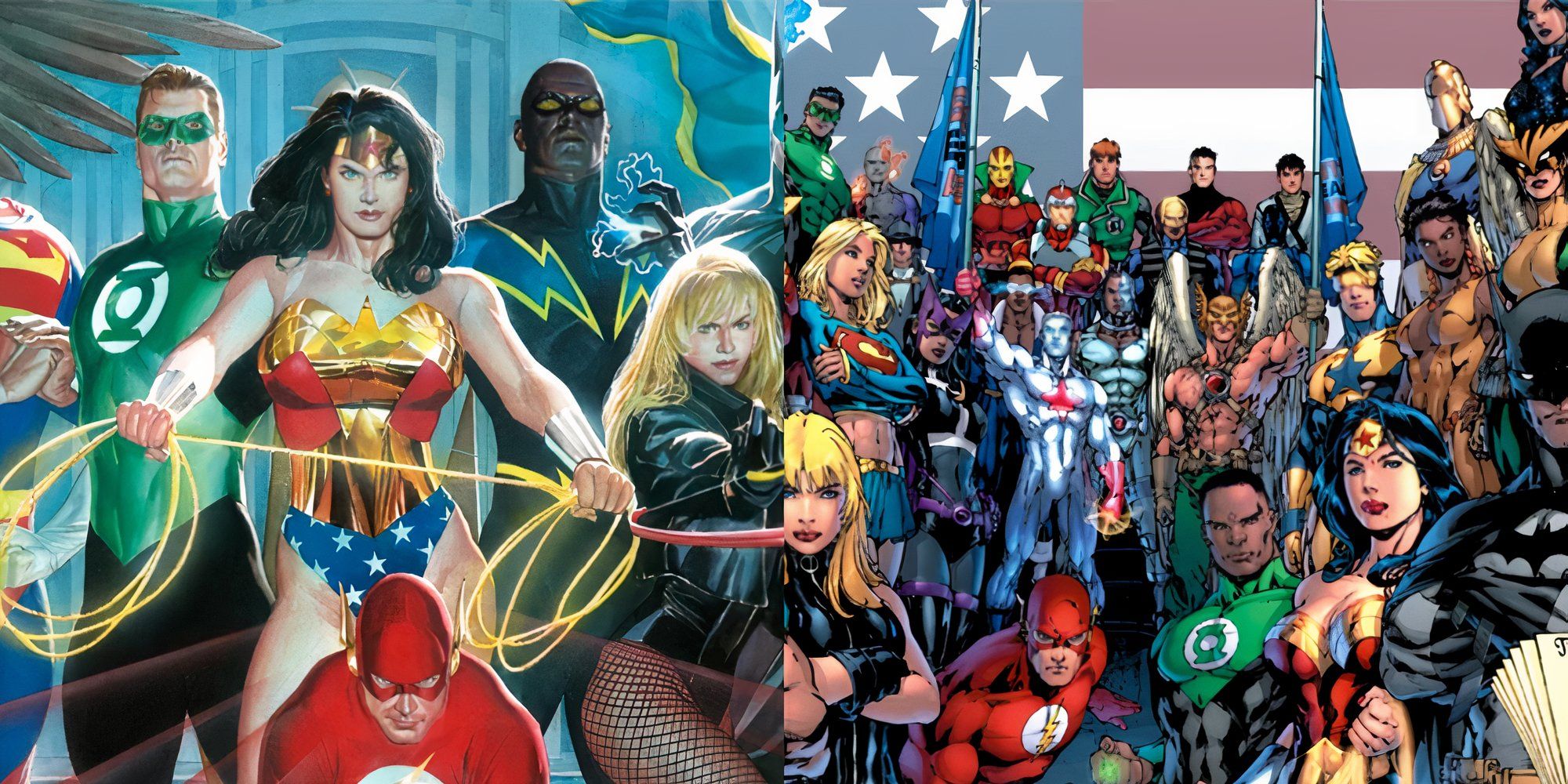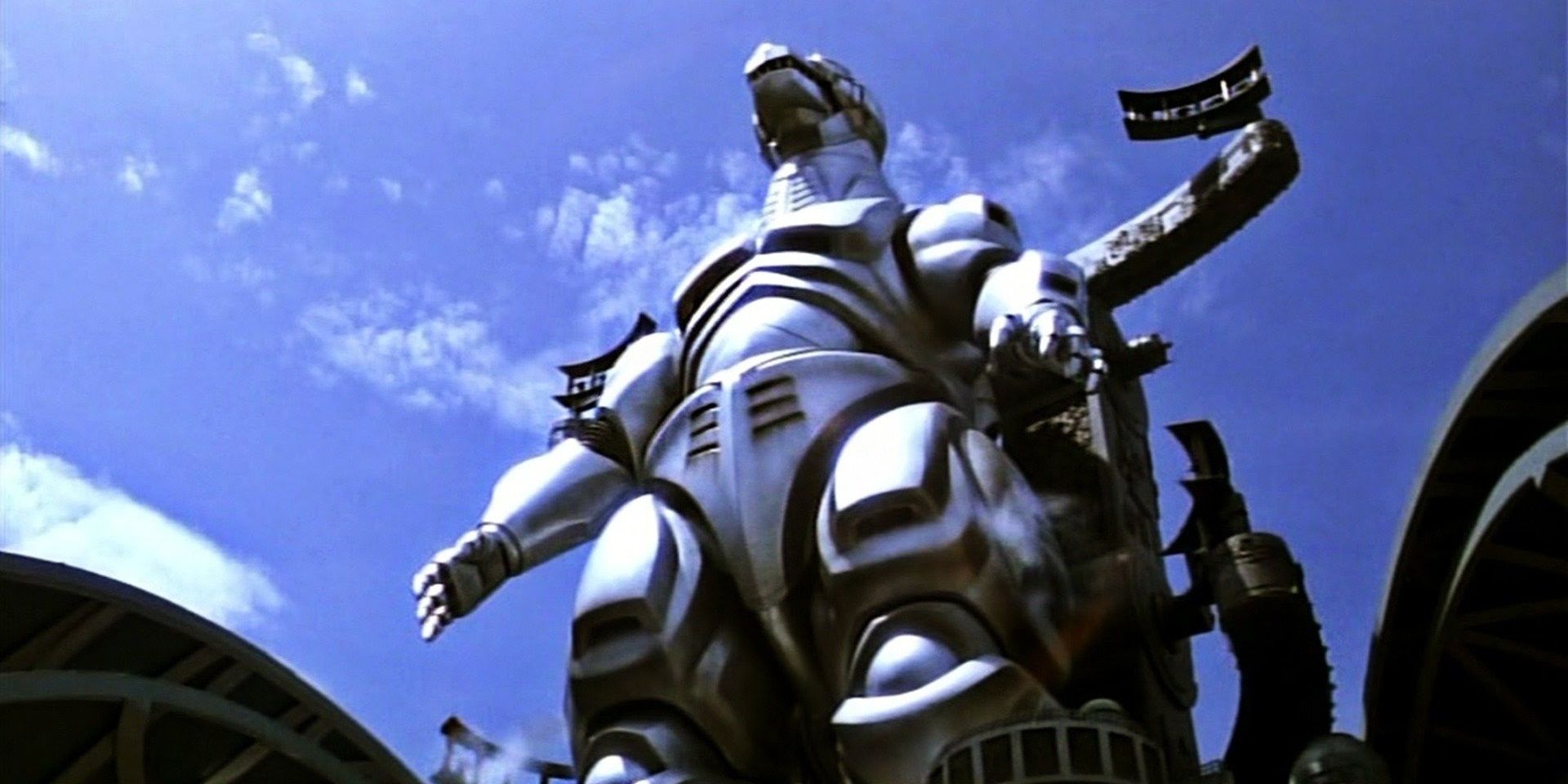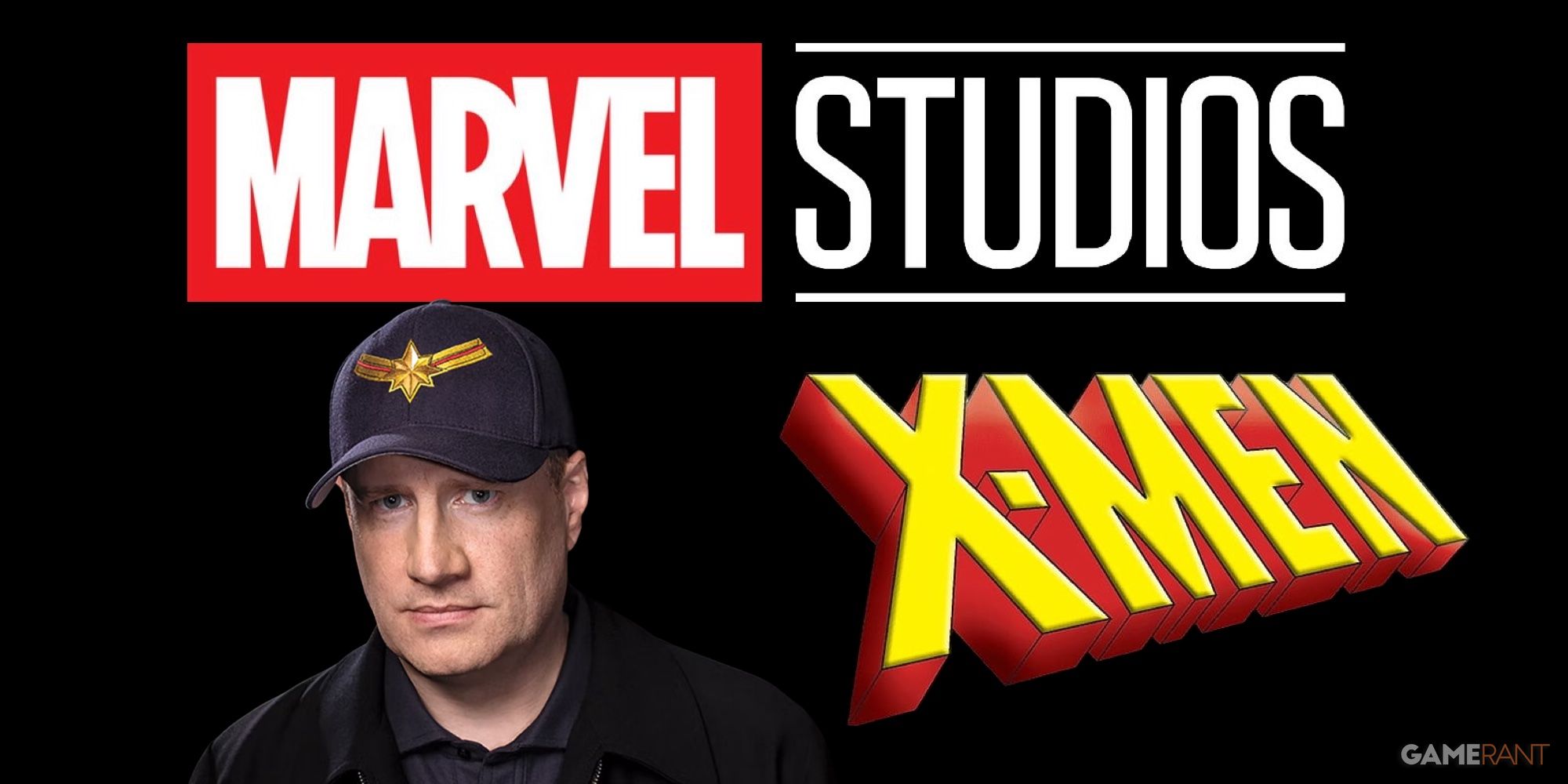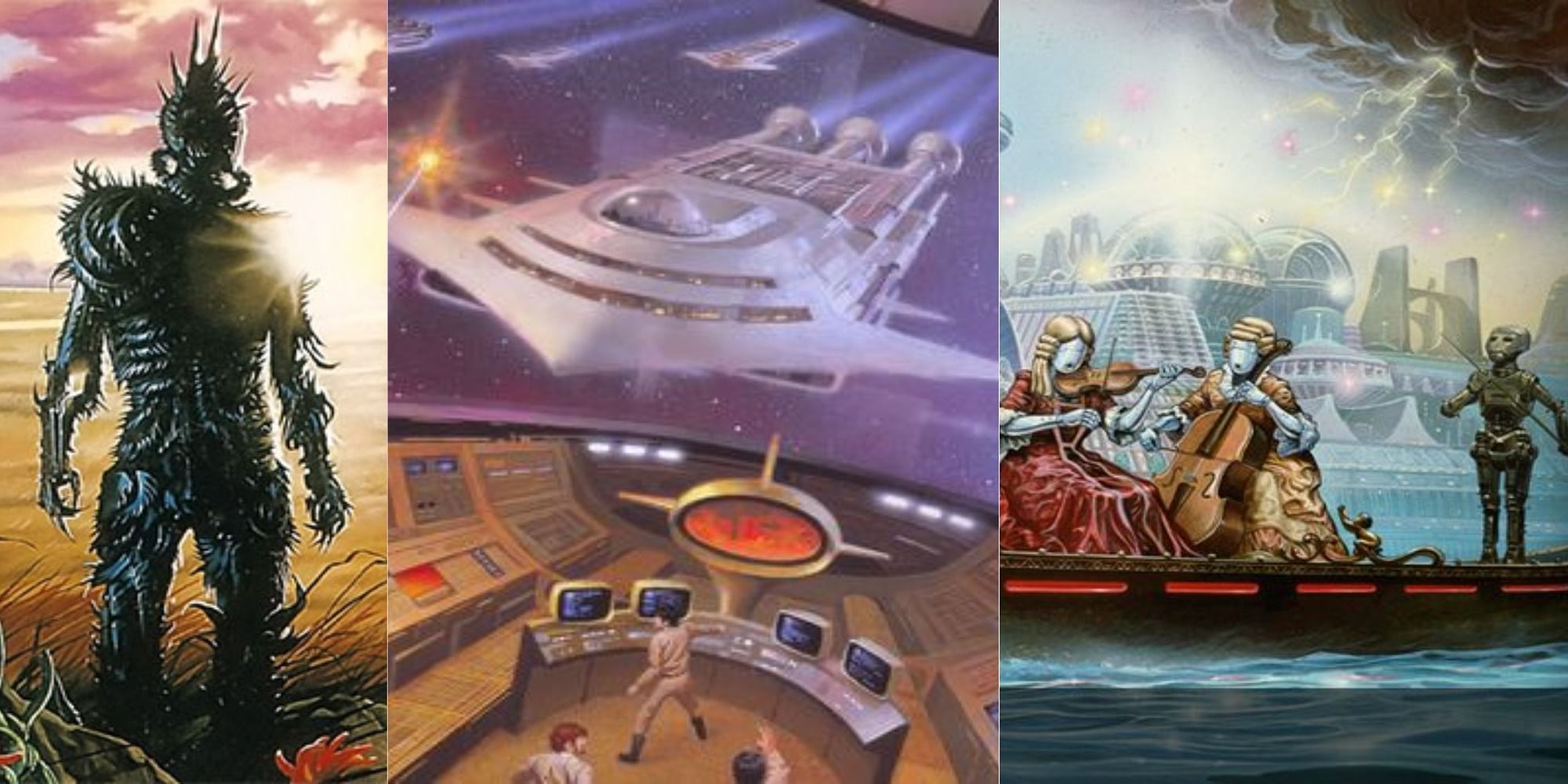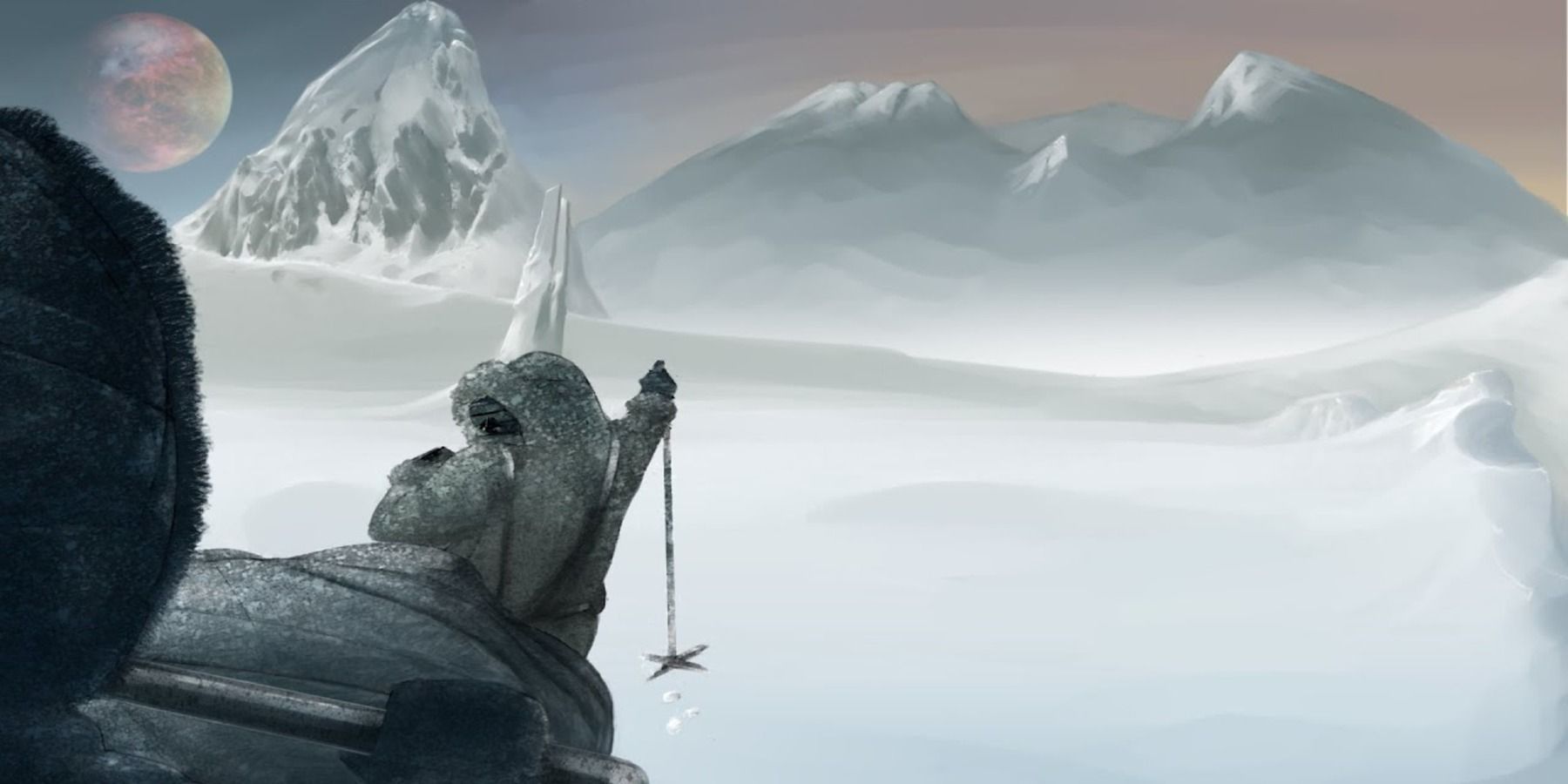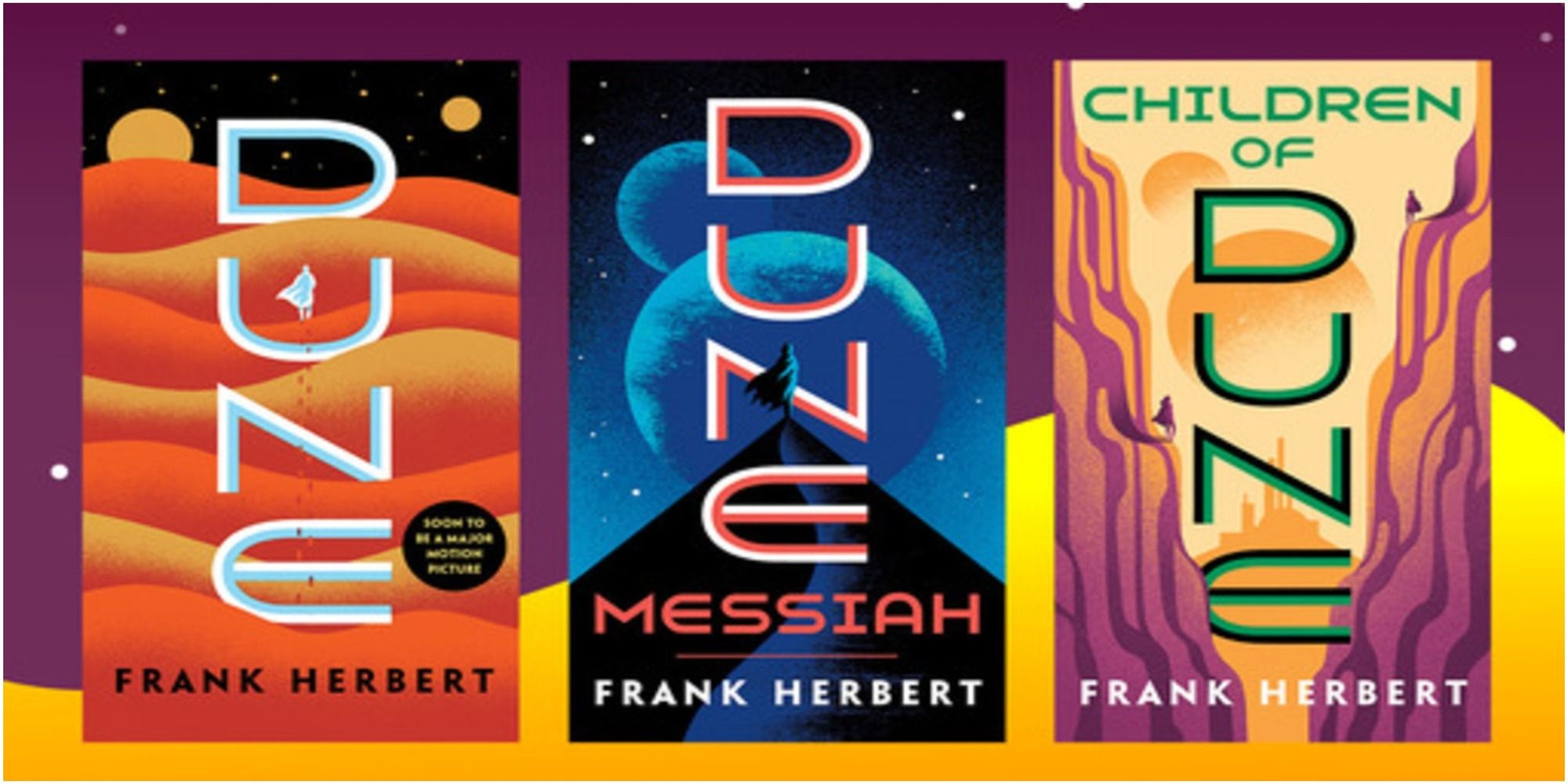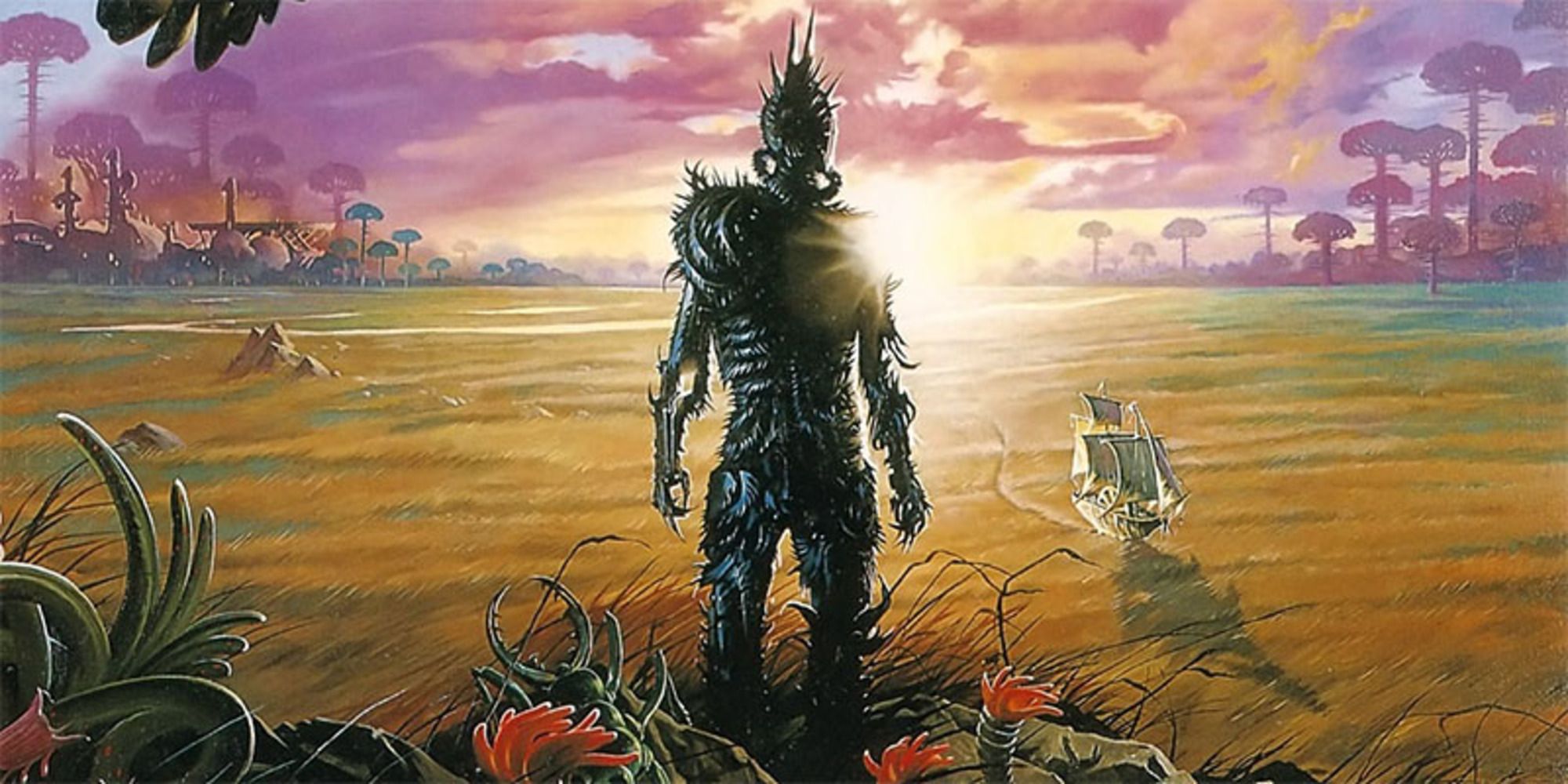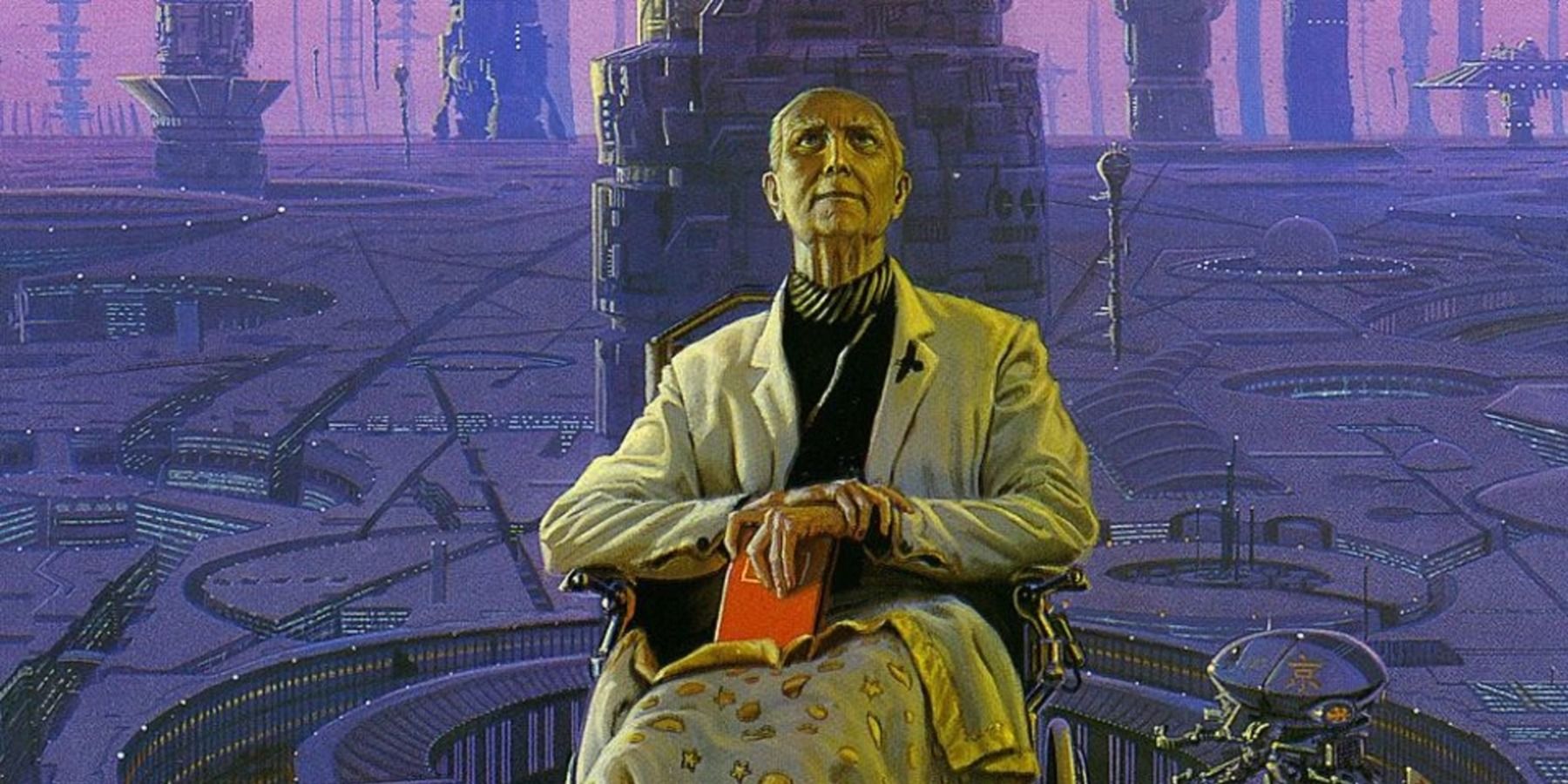There are a lot of science fiction movies out there already, and considering the recent evolution of CGI and related mediums to create more and more realistic movies, it looks like this party is just starting. Directors, writers, and producers are taking more chances when it comes to novel adaptations, both with modern speculative fiction along with making attempts to adapt the classics.The following science fiction novels have been either critically acclaimed or widely shared and loved by fans. However, for technical, political, or ideological reasons, nobody has attempted to bring these classics to the silver screen. A few of the following do exist in other mediums, including television, comic books, or even radio, but not as a full-length feature film.
6 The Left Hand of Darkness (1969) — Ursula Le Guin
The story takes place in the future, in which humans inhabit what is known as the Hainish Universe and are native to a world called Terra. Gethen, also known as Winter, is a planet of humanoid creatures that do not have a fixed gender. The Left Hand Of Darkness follows the dangerous adventures of Genry Ai, a Terran trying to establish diplomatic relations with other humanoid races in the universe, specifically on Gethen.
In previous years, this kind of subject would have been too controversial and perhaps not even possible in live-action given some limitations of on-screen effects. The public mood is changing when it comes to understanding gender fluidity, however, and the time has come for one of Le Guin's most memorable novels to become a film.
5 Stranger in a Strange Land (1961) — Robert A. Heinlein
A fish out of water story, literally. Stranger in a Strange Land is about a human child who is raised on Mars by Martians. As a teenager, he returns to earth and has to reconcile his upbringing with his identity. Considering the simple and compelling premise in the lucrative young adult market, it's odd this story hasn't been adapted into a movie.
Smith, the name the young human Martian takes, is confined to a hospital upon his return to earth. A kind nurse named Gillian inadvertently bonds with him when she brings him some water, a precious commodity on Mars. The political plot thickens, too, when it's revealed that Smith might be the "owner" of Mars, being the last survivor of a group of colonists who claimed part of it. The novel eventually establishes Smith as a celebrity, even a deity, as a cult springs up in his honor. It's an epic story on a large scale, and modern technology could finally make it work.
4 Dune Messiah (1969) — Frank Herbert
There have been two adaptations of the first novel in this iconic series: the infamous David Lynch adaptation, and the second, more grounded Denis Villeneuve movie from 2021. The Lynch film was a commercial failure, which is why there was never a sequel, and the Villeneuve interpretation only covers half of the first book so far. With this in mind, it's easy to see why Dune Messiah hasn't made it to the silver screen yet.
The reception and overall box-office profits of the recent Dune will determine whether the rest of the saga will ever be made into movies. The first book only covers the saga of Paul Atreides taking back the planet of Arrakis in place of his father, Duke Leto. In subsequent books, he becomes Emperor and survives a few assassination attempts. There's easily enough in the second and maybe even third books for a whole franchise of films.
3 Hyperion (1989) — Dan Simmons
Hyperion uses a science fiction setting, but relies on a structure reminiscent of medieval storytelling. It makes a nice mix for a modern science fiction movie that might be more flashback than real-time action. It's the 29th century, and interplanetary travel is made possible through farcaster portals, which make it possible to travel between dimensions. Not all planets have farcasters, and it takes a long time to travel anywhere without the aid of a portal.
One such planet lacking in farcasters is Hyperion. The main characters are on a pilgrimage, and the novel is a compilation of each of their stories in the same spirit as The Canterbury Tales. Each has a different reason for traveling to Hyperion, but one thing they have in common is a legendary creature known as the Shrike. This malevolent creature, of immense power and unknown origin, is waiting for them at their final destination.
2 The Warrior’s Apprentice — Lois McMaster Bujold
Fans of Norse mythology of the Marvel character Loki would be the target demographic for a movie adapted from The Warrior's Apprentice. There are several books in the Vorkosigan Saga, but this one is the most popular. Given the plot, which includes a coming-of-age story and a large-scale military operation, it would also make a great movie.
An accident that results in two broken legs cuts the military career of Miles Vorkosigan short, and he sets out to find another way to become a hero. A weird and coincidental chain of events leads Miles to command a whole fleet of mercenaries under an assumed name. Something like this could be a comedy and an epic sci-fi film depending on the producer and director.
1 Foundation (1951) — Isaac Asimov
This is the science fiction novel that inspired the Jedi of the Star Wars franchise, according to Hollywood lore. Foundation is one of few books by Isaac Asimov that hasn't been made into a film, perhaps because the subject was too abstract to put on the screen until now. Asimov's Robot novels, which take place in the same universe, have already been adapted a number of times. The trilogy this is a part of is one of his most popular as well, making it even more inexplicable.
The book introduces readers to the concept of a psychohistorian, a person who can use mathematics to see into the future. Hari Seldon, the main character, has foreseen the decline of the Galactic Empire, followed by thousands of years of darkness, and takes it upon himself to compile and protect the compiled knowledge of this civilization. It's more about environment and setting than action, but in today's science fiction movie market, that can work.

